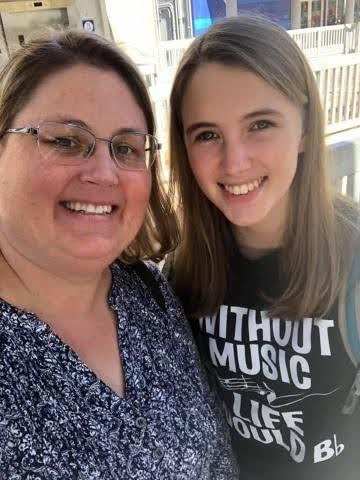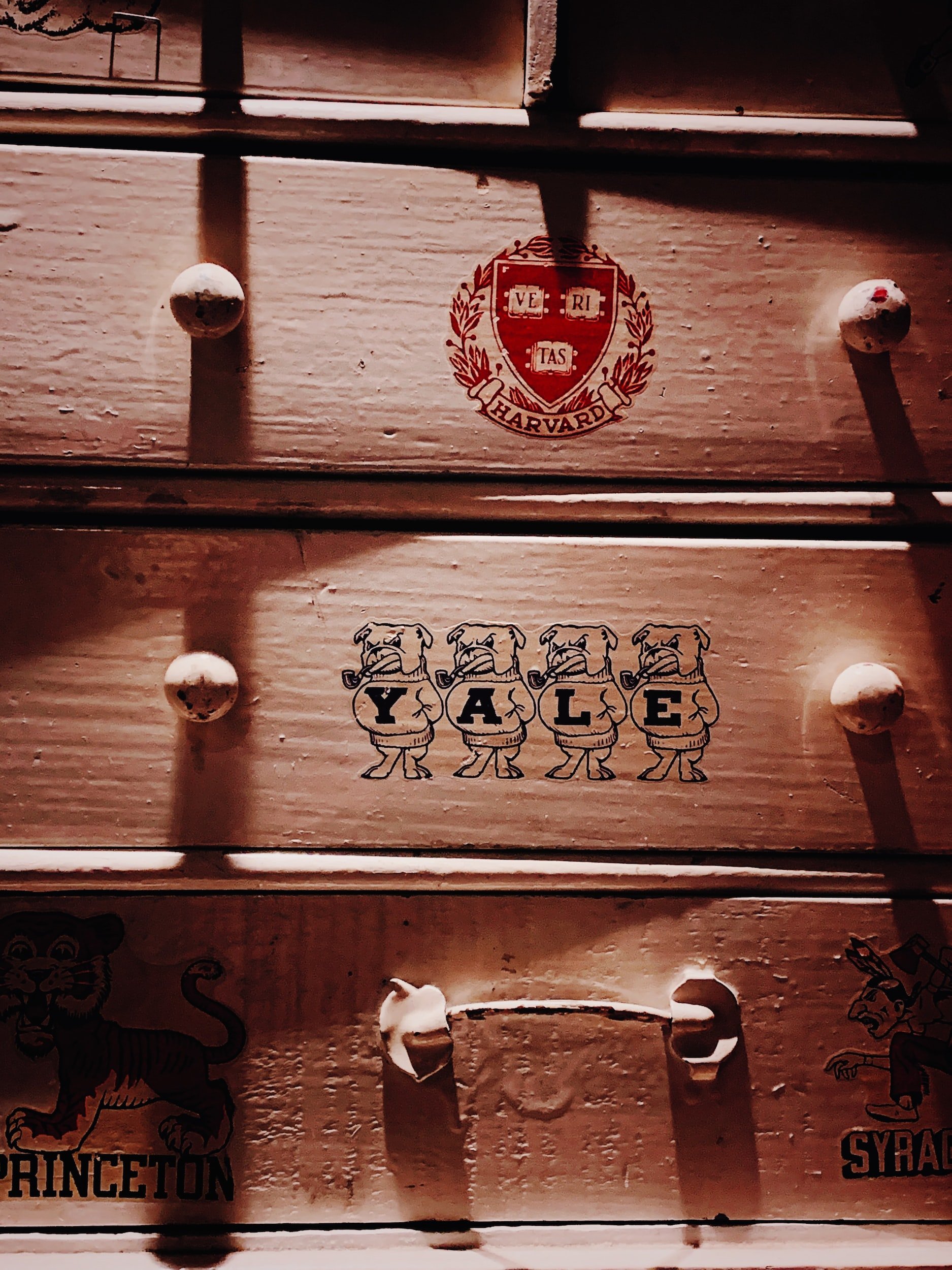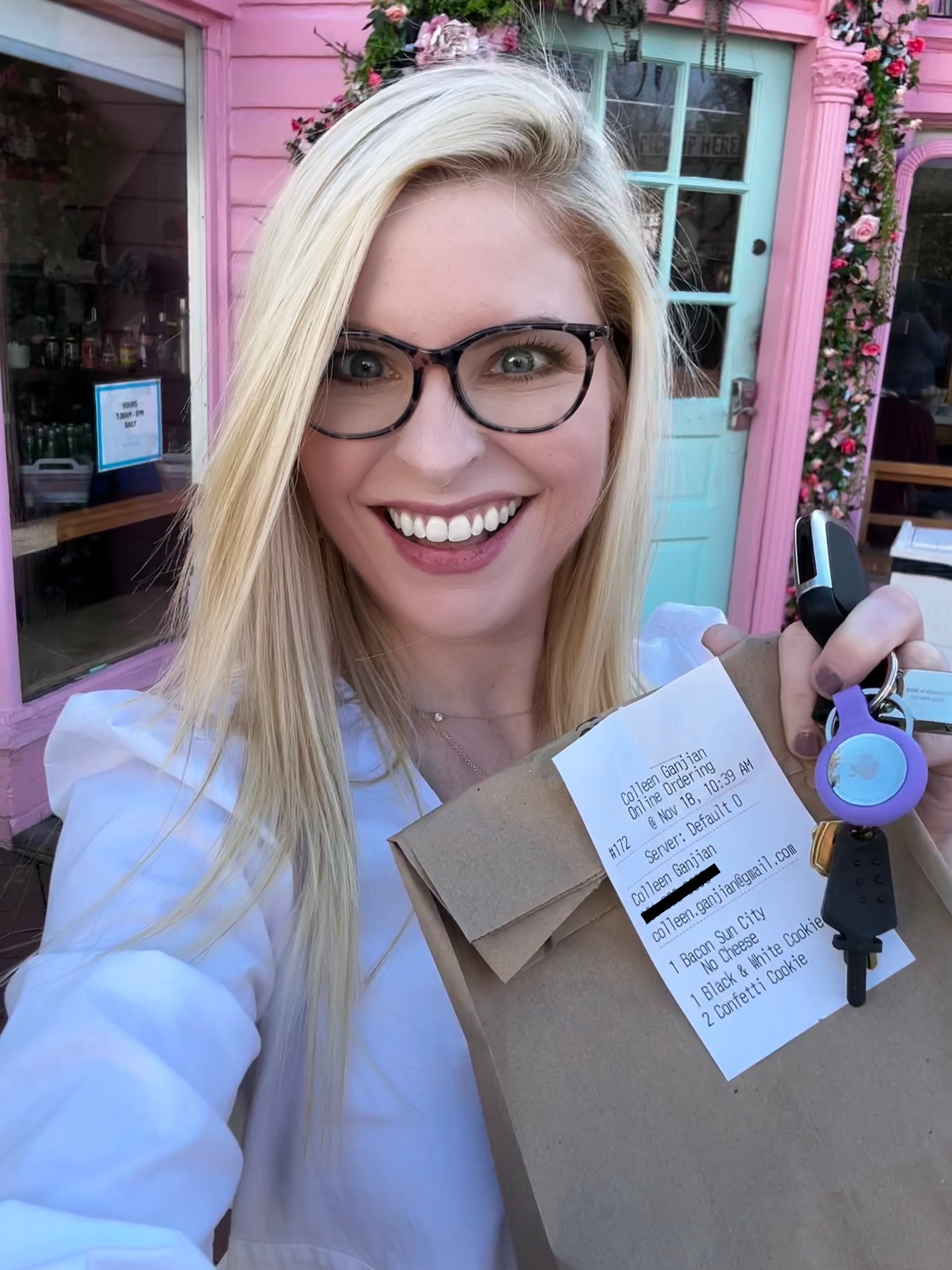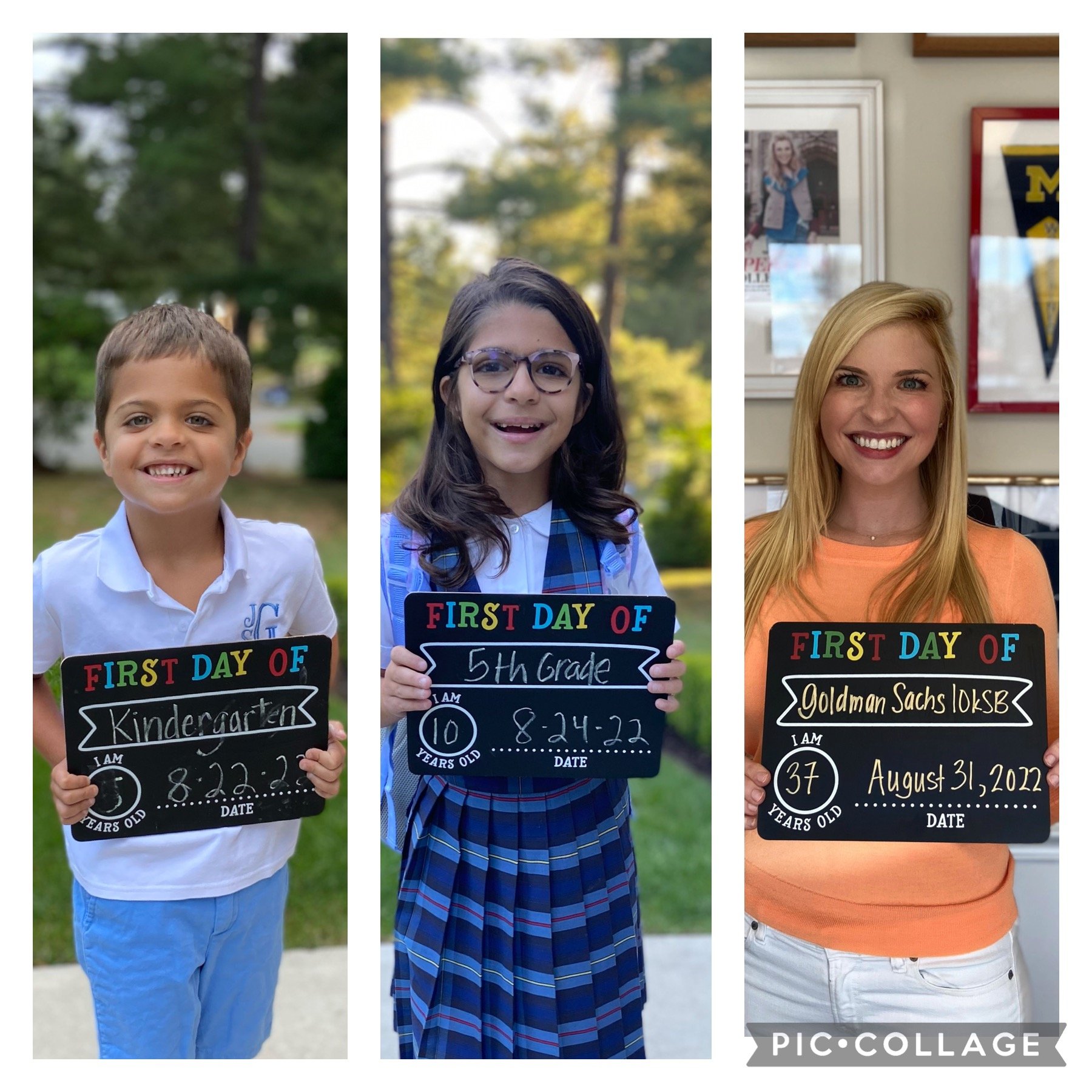And.. we’re back!
RECENT COLLEGE-RELATED NEWS
DIVORCED FAMILIES TAKE ON ELITE UNIVERSITIES OVER ALLEGED ANTITRUST SCHEMES
A lawsuit filed in federal court accuses the University of Pennsylvania, Villanova, and 38 other private universities of colluding to make college more expensive for students with divorced parents. The schools require financial aid applicants to include income from both parents through the CSS Profile (as well as their spouses, if they are married), even if only one parent provides financial support. The suit alleges that this approach, which began in 2006, increased tuition costs by an average of $6,200 per student. It claims that this practice violated antitrust laws by limiting competition and making college less affordable, causing stress and financial strain for families.
This year’s FAFSA redesign has been tough on divorced families, too. Previously, the custodial parent (defined as the parent the student lived with the most during the past year) was responsible for completing the FAFSA. The new FAFSA will now require financial information from the parent who provides the most financial support – and that parent’s spouse, if they are married. If parents provide 50/50 financial support, the FAFSA will require financial information from the parent/spouse pair with the highest income and assets – regardless of custody arrangements or willingness to pay for college.
A WHITE COAT WITH DARK INTENTIONS AT MIAMI
When reflecting on the professionals that students should be able to trust most in a university setting, it’s hard to think of positions higher on that list than professors and doctors. And yet, a professor (and medical doctor) from the University of Miami’s medical school was recently arrested for trafficking and distributing GHB, according to police reports. GHB is widely known as a common date-rape drug; rapists put it in beverages so their victims will lose consciousness. This horrifying incident has raised significant concerns and discussions among students, staff, and the local community about campus safety and ethics at the U. So far, his name has been removed from the school’s website - and we will definitely continue to follow this case to monitor the university’s response.
RECORD-BREAKING DONATIONS ELEVATE W&L AND VILLANOVA
Washington and Lee University received a record $132 million donation from alumnus Bill Miller, the largest in the school’s history (and one of the largest financial aid-related gifts in history for any liberal arts college). It will enable the school to institute a brand new need-blind admissions process, as well as a no-loan financial aid policy. Similarly, Villanova University just announced a $40 million gift - its second-largest ever. This anonymous gift will support the President’s Strategic Initiative Fund, allowing investments in academic programs, campus improvements, and student needs. The gifts to both schools underscore efforts to increase access, affordability, and the overall student experience.
THE NEW RUTGERS ROOMMATES NOBODY WANTED
Gross! Rutgers University students have raised very understandable concerns about bed bug infestations at their residence halls on the main campus in New Brunswick. They are urging the university to take more effective action to address the problem, as it continues to be unresolved over six months (!) after the outbreak began. The situation has prompted calls for better pest control and more transparency from the administration. We caution prospective students to be aware of these concerns - bed bugs could theoretically happen anywhere, but in our opinion, it’s unacceptable that this has gone on for six months.
IS MINNESOTA THE NEW DC?
Wondering which college had the highest voter turnout among students during the last presidential election? Nope, it’s not Georgetown, George Washington, or American - it’s St. Olaf College in Minnesota! The student body achieved an incredible 87% voter turnout during the last presidential election, an impressive feat driven by the college’s strong culture of civic engagement. This commitment to voting reinforces St. Olaf’s dedication to nurturing socially responsible and active citizens. Students interested in a campus that values civic involvement and leadership should make sure to check out St. Olaf - you can even read our thoughts about the school in our college profile (we’ve created these for a huge number of schools to help our students!).
BEST ARTICLES OF THE WEEK
While W&L and Villanova administrators are likely thrilled about the recent donations to their respective schools, their colleagues on other campuses are having a bit of a harder time. This Town & Country article explores the challenges that can occur when long-time wealthy donors begin to disagree with institutional policies.
The piece discusses the recent wave of "donor revolts" at schools including Harvard, Penn, and Columbia, where formerly-generous alumni have threatened to withhold (or have already withdrawn) their support due to disagreements over campus policies - especially those related to political and social issues. This became a particular issue over the last year, as the donors reacted strongly to what they felt were failures to address antisemitism and other political stances.
These conflicts show the powerful influence that major donors can have on universities, sometimes pushing for actions or policies aligned with their beliefs. Critics argue that this kind of influence undermines academic freedom and the mission of higher education, while others believe it holds institutions accountable. One thing is for sure, though: the growing reliance of universities on these donations means that the disputes can significantly impact campus operations.
–
SMU in the ACC? UCLA in the Big Ten? The recent changes in college football conferences - motivated by financial opportunities, media rights deals, and the pursuit of higher visibility - have become downright confusing to prospective students. However, as The New York Times discusses, no one feels the impact more than the actual players. Yes, they are racking up all kinds of frequent flyer miles (and bonding opportunities!) but jetting across the country takes a major toll on their mental health, academic priorities, and ability to live a well-balanced life.
The realignments have also impacted traditional rivalries, travel logistics, and the overall college sports landscape. They also reflect how college football - and many other college sports, like basketball - have become increasingly driven by business considerations. In combination with all of the NIL controversy, it’s no wonder that long-time coaches are leaving, one after the other. Everyone seems to agree that change is needed, but when will it happen? And how? We’re following this closely.
–
Data science has some competition for the position of “hottest new degree” - and the subject matter couldn’t be further away from anything quantitative! Strange as this may seem, a new trend has emerged for mid-career professionals to leave their established careers for a stint at … divinity school! From Wall Street analysts to singer-songwriter Maggie Rogers (yes - the Maggie Rogers who played at Madison Square Garden this past month!), twenty-somethings are flocking to Harvard, Duke, and more to pursue the country’s hottest graduate degree. Confused? You’re not alone, but this Town & Country article provides some helpful insight.
No, most of the students aren’t trying to pursue careers in religion. Instead, they want to explore deeper questions of ethics, purpose, and morality. The trend reflects a desire for intellectual growth and a break from traditional career paths, with some seeing such degrees as unique credentials that distinguish them in fields valuing empathy and understanding. The programs offer flexibility, allowing students to pursue personal and interdisciplinary interests, impacting their careers and perspectives in unexpected ways. Impressive, yes - but if it were me, I’d still go the data science route. Think about the ROI!
OFFICE HAPPENINGS
It’s been a minute! I know we say this every year (and it’s true every year), but August-October was just beyond hectic in our office. Something that was a little bit different about this particular year was that a lot of colleges released their essay prompts later than usual.
Most years, about half of the essay prompts are released in advance of the Common Application® refresh on August 1. This year was very different - we had a much smaller percentage of school-specific supplemental prompts in advance and it impacted the ability of our students (and staff!) to use the early summer months for specific prompts.
Fortunately, we made sure that our students were done with their Common Application® and generic supplemental essays*, which made things as easy as possible for them once the school-specific supplemental prompts were released - but it was still a lot of work for us with many, many late nights spent editing!
As a result, we made the executive decision to put the blog aside for a few months to focus on our seniors - but we’re excited to be back as things have calmed down! Onward to transfer apps :)
*Wondering what generic supplemental essays are? Stay tuned for an upcoming post..

























































